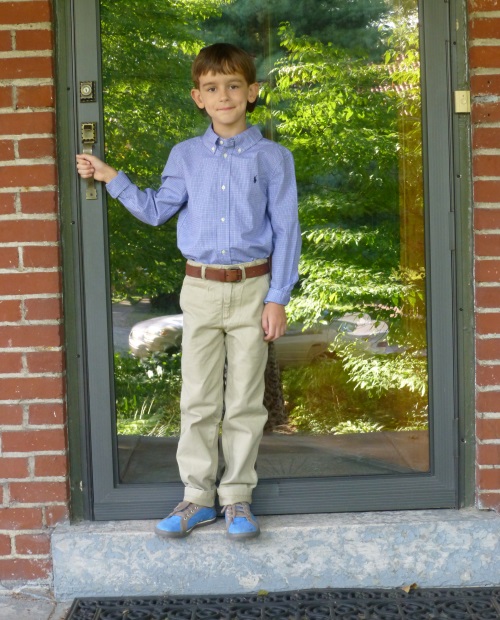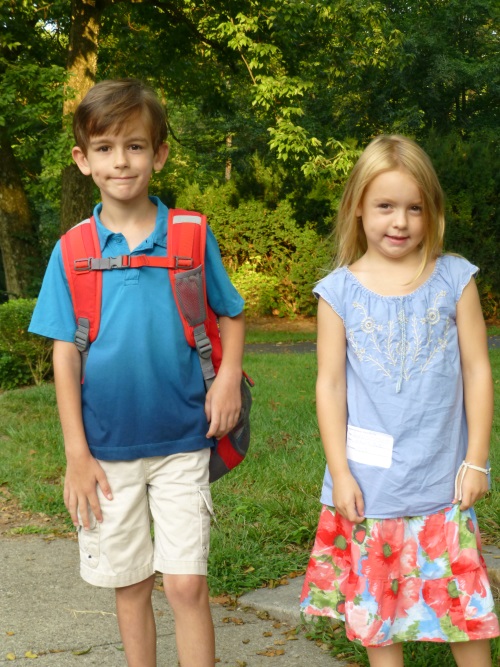I’ve just finished reading Brian Epstein’s book, The Sports Gene, which I recommend highly. Among the most interesting parts for me were the discussions concerning the physical traits required to become an elite athlete in a given sport. Distance runners need long, skinny legs and some exposure to moderate altitude. Think Colorado or Kenya as opposed to Nepal or Bolivia. Major League Baseball hitters have eyesight at the outer limits of human capability, swimmers possess crazy long torsos, basketball players are equipped with crazy long arms, and chess players rely on crazy long memories. OK, that last one isn’t technically a sport, but it’s still an interesting part of the book.
My takeaway from these discussions is that my arms really are long for my height—not NBA long, but certainly longer than standard for someone of European descent—all my Dinka friends need to get their kids on the running track STAT (hello college scholarships!), and that my poor eyesight and flat feet are the alpha and omega of the countless physical traits that contribute to my poor athletic abilities.
All of the discussions of body types, altitude adjustments, maximum aerobic capabilities and the like were easy to follow and made sense if you’ve watched much in the way of sports. But there was another component of the book that represents scientific inquiry at a more nascent level: the head stuff. Some people simply want to be more active than others. Some people are more competitive than others. And some people are more sensitive to pain than others. It would seem that humanity is divided into Warriors and Worriers.
Is there any doubt which I am? No. There is certainly not. Or Matt? No again.
But what about Simon? As it turns out, he’s harder to pin down. On the one hand, he is certainly a worrier. In fact, he teeters on the edge of clinical worrying. The thought of his class being yelled at during math centers is enough to bring on morning tears. He’s not thrilled by the idea of substitute teachers. Concern over perfect behavior will prevent him from fully participating in class. And at any given time, his ankles are killing him, his neck is a wreck, his stomach hurts, he’s suffering from a groin strain, and he’s pretty sure he has a hernia. If we or someone on TV has had a given injury, Simon is likely to claim it for himself.*
He’s also a little timid on the soccer pitch. He’s much happier to outrun or out-maneuver a player on the opposing side than out-muscle him, and his usual MO is to back away from a scrum.
And yet, he will regularly run or play through pain. On one of our first runs, his foot hurt for a day after. When I asked him about it, he told me that it hurt for much of our run but “I didn’t want to stop.” I’ve watched him battle a stomach ache during tennis, playing his heart out and then clutching his belly between rallies. And just last week, he hobbled on a gimpy ankle into soccer practice, was in tears for much of the hour, but refused to come out for the scrimmage and ended up scoring three goals.
At which point the ankle problems returned. We chatted about the ankle on the way home, and he explained that it still hurt when he was playing, but that “the game looked like too much fun,” “I tried real hard to not think about it,” and “It hurts a lot now, but I got my hat-trick.”
It’s impossible to say at almost 7 where this is going. But one thing is already clear: Simon’s love of the game—any game—is enough to get him to fight his worrier tendencies.
*If he ends up going to medical school, he will have the most epic case of medical school syndrome ever.
Coda: Hours after writing this, I went to pick Simon up. The minute he saw me, he lifted up his hands to show me his newest injury. He has callouses from the monkey bars, four of which had partially ripped off from his palm, leaving a flap of skin and blood trail behind. Honestly, they were disgusting. So what does he want to do after school? Hit the monkey bars. And despite his admitting that his hands hurt “really bad”, he tried to convince me that they did not hurt on the monkey bars. “They just feel wet.”


